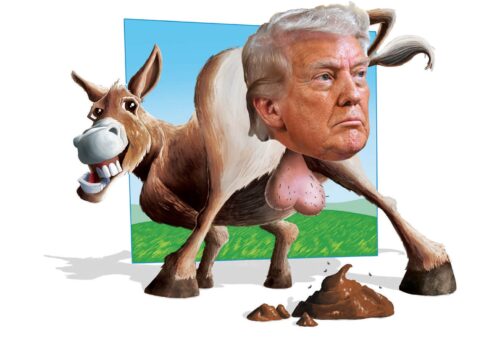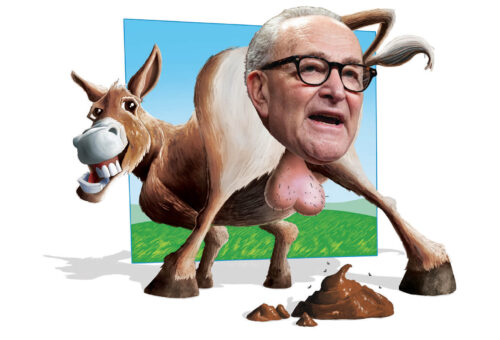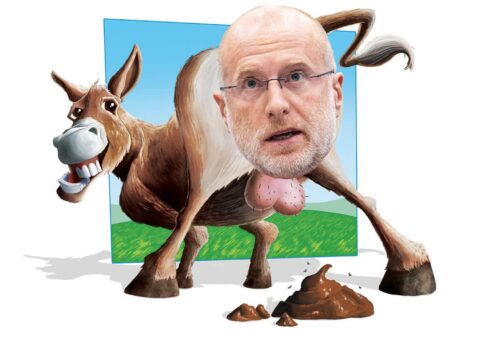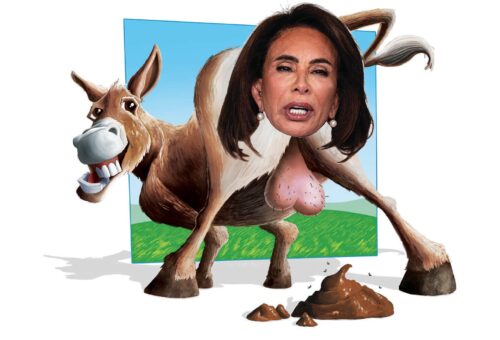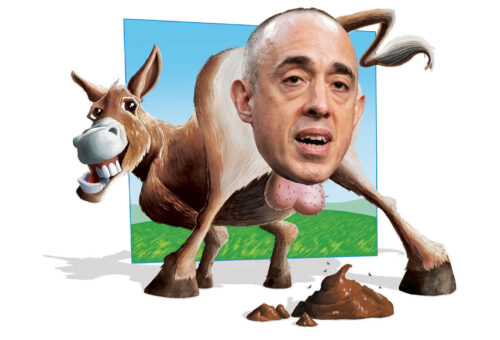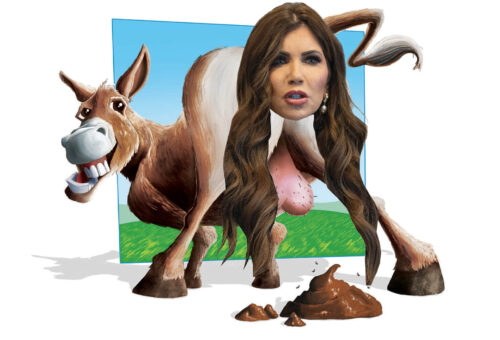DEA’s Reefer Madness
Legalized marijuana is a hit. The production, distribution and sale of medical marijuana is no longer prohibited in the majority of states, and even in those that have also legalized cannabis for recreational use, the worst fears of dead-ender opponents have gone up in smoke.
Take Colorado, where voters approved legalizing recreational marijuana statewide in 2012. Among the naysayer arguments was that socially accepted consumption of marijuana would lead to an epidemic of stoned kids. As it turns out, according to Colorado’s Department of Public Health and Environment, the percentage of Colorado high-schoolers enjoying a Rocky Mountain High is now below the national average.
Colorado’s first licensed retail pot shops opened in January 2014, and business has been booming ever since. Legal vendors’ sales totaled around $700 million in the first year and almost $1 billion in 2015, according to the state’s Department of Revenue.
Dan Riffle, a former federal prosecutor who spent six years as a key Marijuana Policy Project (MPP) analyst, told me, “There are people all over the spectrum who support [legalizing marijuana]. It’s not your traditional left, right, center, liberal, conservative issue.”


















